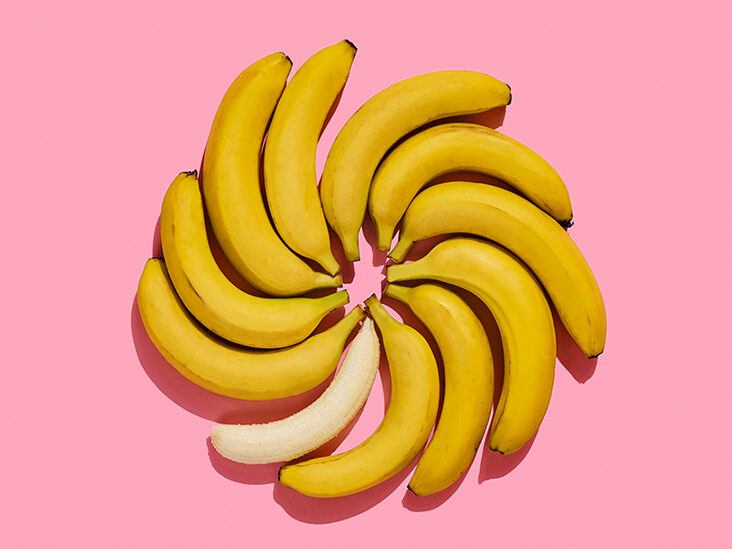
With its distinct sweet and fragrant taste, bananas are often consumed fresh, or used in baking and blended into smoothies, all of which are equally delicious. When buying bananas at the market, you’ll typically come across two types: curved and straight bananas. Most people assume that all bananas, regardless of their shape, taste the same and prefer straight bananas as they appear more aesthetically pleasing and are easier to peel.
However, a revelation by banana growers has surprised even long-time banana enthusiasts. They shared that curved bananas are often allowed to ripen naturally, resulting in their characteristic curve as they grow towards the sun. Naturally ripened curved bananas are typically sweeter and more flavorful.
On the other hand, straight bananas are usually a result of early harvesting and artificial ripening processes. These bananas are picked before they are fully ripe to facilitate transportation and reduce the risk of bruising and spoilage during transit. The artificial ripening process involves the use of chemicals, which can affect the taste and may not be as healthy as naturally ripened bananas.
So, the next time you’re at the market, remember to choose curved bananas that have ripened naturally for the best taste experience!
Happy shopping and enjoy your bananas!
Why Do Green Bananas Ripen So Quickly After Being Prayed Over?
The mystery of the rapidly ripening bananas is an intriguing one. Why do green bananas, once offered as a sacred fruit on the altar, turn a golden yellow within a matter of days? This phenomenon has puzzled many, but the answer lies in the unique biology of the banana plant and the delicate balance of nature.





































